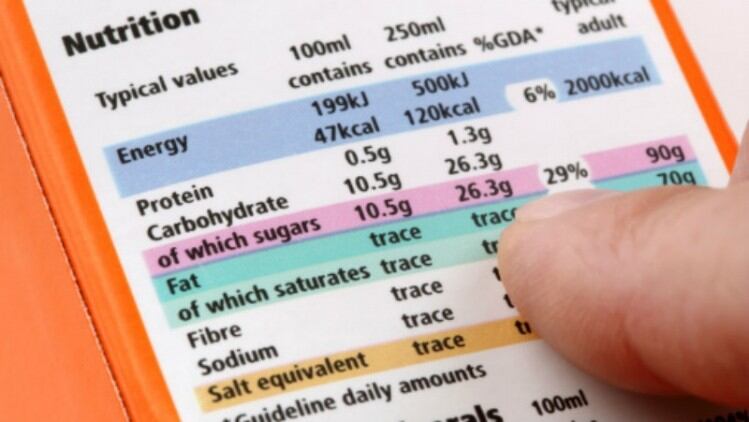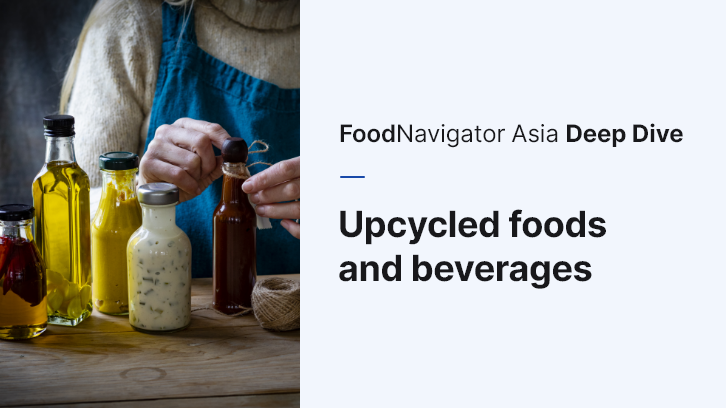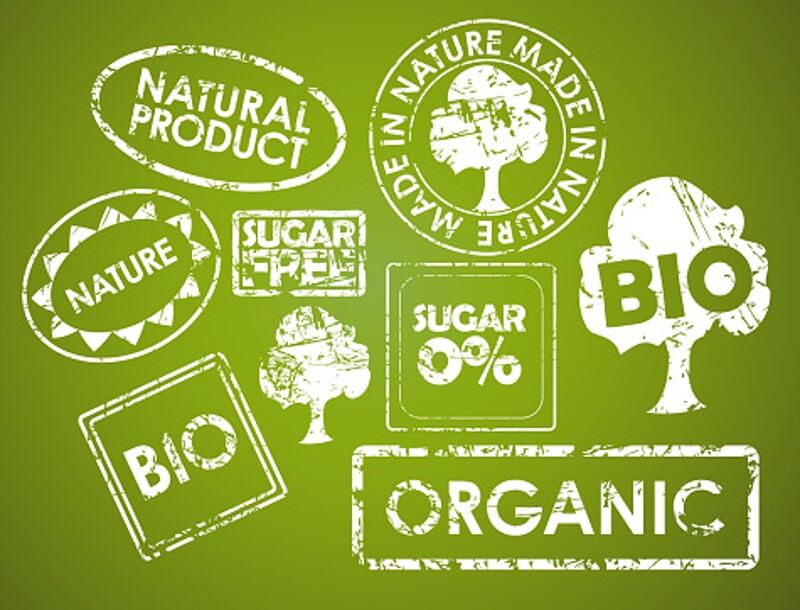According to government data, presently just 60% of food and beverage firms in the country are displaying nutritional labels on their products. The majority of these are larger brands and retailers.
“A study by the Ministry of Health Department of Preventive Medicine has shown that overall 60% of products have nutritional information provided – it also found that 82% of non-alcoholic beverages are attaching labels, but just 50% of processed packaged foods are doing this,” Vietnamese Deputy Minister of Health Do Xuan Thuyen said via a formal statement.
“Conversely, 100% of all enterprises that are exporting food products to the international market comply with the required nutritional labelling regulations at the importing countries, and we have also found that major brands, food products sold in supermarkets and larger enterprises are all actively engaging in nutritional labelling.
“As such, we believe that the prerequisites are there and are favourable [for Vietnam to start] effective, feasible and consistent implementation of regulations on food nutrition labelling – this is important to provide consumers with the transparency of information so that they can choose suitable and healthy food products.”
All types of prepackaged consumer food and beverage products will be subject to this labelling regulation, from frozen foods to vermicelli to cooking oil, confectionery, milk, non-alcoholic beverages and more.
“The most common labelling will be the nutrition information panel on the back of the food packaging, with specific quantities of the different nutrients per 100 g or per 100 ml; or nutritional values that expressed as a percentage (%) of recommended needs or a daily reference value,” Do added.
“All foods produced, traded, imported and circulated in Vietnam that containing any of the components Energy, Protein, Carbohydrates, Fat or Sodium shall be labelled with the quantities of these nutrients.
“In addition, it will also be compulsory to include information on the Total Sugar and Saturated Fat content – this will [not be an immediate necessity] and will be worked into the roadmap for nutritional labelling, estimated to become mandatory after five years from the date that this regulation comes into force [in] May 2023.”
At present, according to roadmap stipulations that have already been published, all food products produced, imported, traded and circulated in Vietnam must implement a transition to nutritional labelling according to this new policy by March 31 2025.
All products that are manufactured or enter the country before this date will be allowed to continue circulation in the food supply until the attached expiry date on the respective labels.
Vietnam Health Programme
This new focus on nutritional labelling is part of the country’s Vietnam Health Programme launched back in 2018, which essentially targets improved diets and public health in the country by 2030.
“The Vietnam Health Programme aims to ensure reasonable diets, increased physical activity and other aspects of health improvement for the public to boost public health in this new normal, under which the Ministry of Health has undertaken the task to implement relevant regulations on packaged foods and products,” Do added.
“The development of these regulations is considered a professional and efficient solution, particularly for processed foods [and also has food safety implications] by mandating the necessary health warnings to inform consumers of any potential risks.
“Many other countries in the region already have mandated regulations for nutritional labelling including Japan, Thailand, Malaysia, Indonesia, Singapore, Philippines and more – therefore Vietnam should also have such mandatory labelling [to] ensure consumer interest and international integration.”
There are several food groups for which this labelling is not mandatory – these include food ingredients not directly sold to consumers, foods with a single ingredient, bottled drinking water that only contains CO2 and/or flavourings, salt, vinegar, additives and food processing aids, enzymes, tea and coffee with no other additives besides colouring and flavouring, health foods, alcohol and several other foods highlighted specifically by the government in separate decrees.





